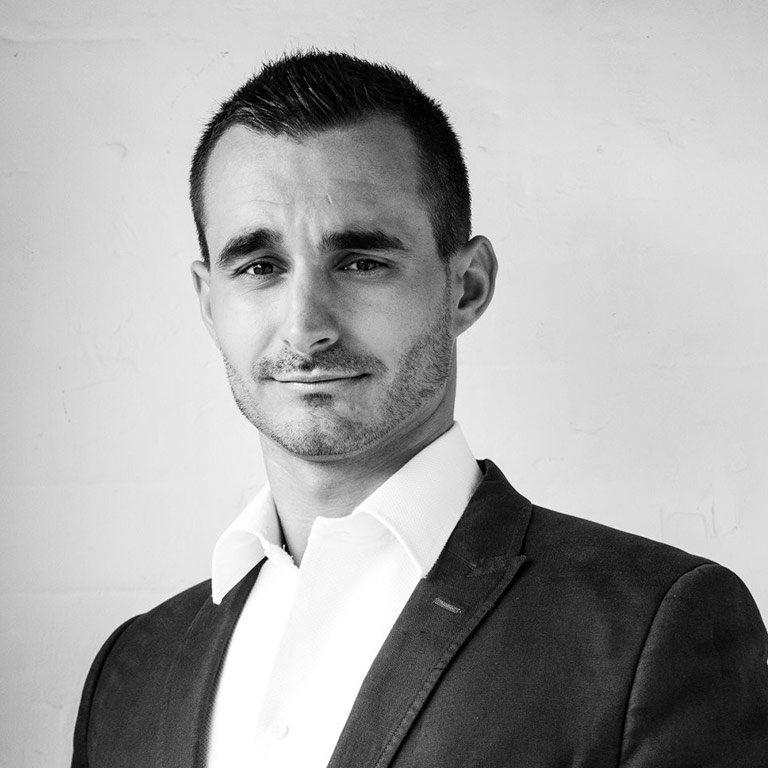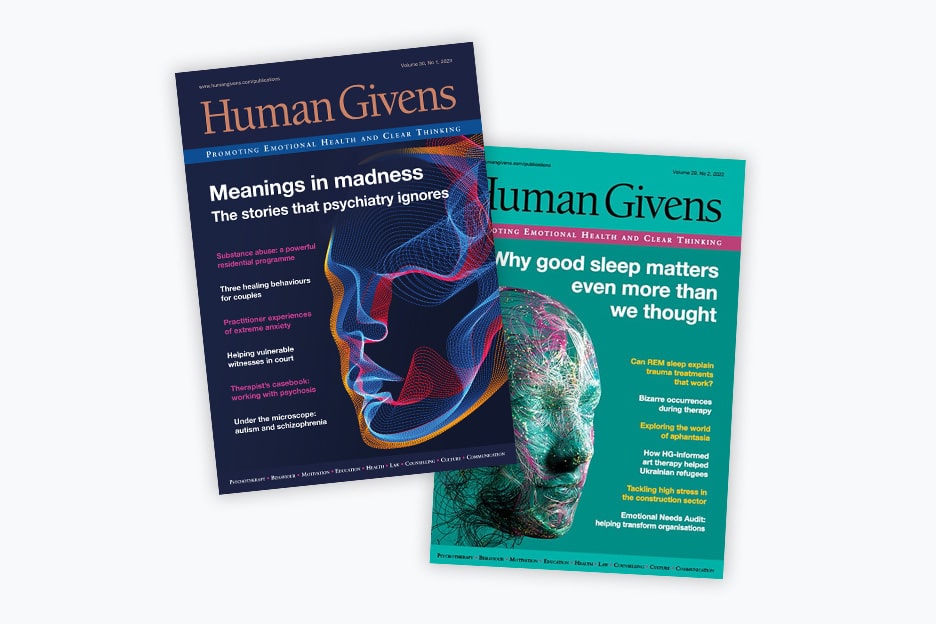Why are people seeking out life coaches rather than therapists?

Nick Hatter
As of 2019, the coaching industry was estimated to be worth $15 billion according to IBISWorld. In 2020, according to Google, in the UK there are approximately 3,600 searches a month for “life coach near me” compared to 14,800 searches a month for “therapist near me” – which means that one person will seek out a local life coach for every four people seeking a local therapist. That’s nothing to sneeze at. My own life coaching practice in London also receives thousands of visitors each month!
A lot of life coaches (including myself) use many of the same theories and techniques as therapists. However, therapists typically do many more years of training. In comparison, coaches can do significantly less training (a few weeks, if that in some cases) and can legally call themselves a coach in most countries. What’s more surprising is that some of the highest-paid coaches in the world have absolutely zero formal psychology or coaching qualifications!
Generally, to work with top life coaches in London, you can expect to pay anything from a few thousand pounds up to £30,000. Counsellors and therapists charge much less.
So why are more people seeking out life coaches and not counsellors or psychotherapists? And why do people pay more for life coaches than therapists? What gives?
Having practiced life coaching and mentoring for quite a few years, here are some of my hypotheses around why people are seeking out life coaches more now:
1. Life coaches can be more approachable
The other day I had a consultation. Typically I allot 30 minutes to these, but I ended up spending an hour and a half with the client. I have been known to spend up to 2 hours with clients in a consultation.
In comparison, most therapists and counsellors tend to be much more boundaried. For instance, I often communicate with some of my clients on WhatsApp between sessions. Out of session contact is generally frowned upon in the therapy profession, but my clients love it and even ask for it.
2. Life coaches are more solution-focused and move faster than most therapists
I generally don’t dwell on my clients’ childhoods, though we may explore it in a very laser-focused fashion if it helps them move forward. Instead, I take the presenting issue, and I try to find a way around it as quickly as possible. There is no need for us to work together for years. Often, I work for 6–12 sessions and that’s it. And in that time, my clients can move forward pretty quickly. I generally don’t work with clients for years and years, which does seem to be the de facto model of many therapists (perhaps not intentionally), unless they are working from a brief, solution-focused approach such as the human givens.
Being able to get results quickly is much more attractive to people versus getting results only after years of therapy – and the former is certainly preferred in our fast-paced culture.
3. Life coaches can be more human
I often self-disclose and share very personal stories from my own life – which people naturally do in a human relationship. A lot of therapists are trained not to do this. But done strategically, it builds rapport with the client, can show empathy and understanding, and it can provide an opportunity to factor in mentoring and sharing of learned life lessons – which can be a part of life coaching.
There is a big difference between a life coach like Tony Robbins versus your typical therapist. In my view, Robbins is loud, very energetic and definitely not afraid to break the rules. There is a certain kind of magic to him – which is precisely what attracts people to him. A traditional therapist, however, is more likely to want to keep to the rules and do things by the book, and they might see their clients as “patients” which can make people feel they’re talking to a clinician rather than a human being. This however can be very off-putting and the opposite of empathetic, cathartic and healing or empowering.
4. Life coaches can be more challenging
One common complaint I hear from my clients is that they saw a counsellor before and they “just sat there and listened” or that they were “too soft”. I find that my clients want to be challenged and stretched. I tell them that coaching can sometimes be a bit like taking your mind for a mental workout. Of course, a good coach knows when to support and empathise, and when to challenge. Personally, I am very compassionate, but I’m also not condescending; I do not treat my clients like children like I’ve seen some therapists do with their clients (including me!).
5. Life coaches may get better results as they are more selective
A lot of my clients have also already tried Cognitive Behavioural Therapy (CBT), which is the form of psychotherapy most widely used by the NHS in the UK, only to find it not that helpful. Not surprising – because there are many factors which determine if a therapy will be effective, including, as I’ve learnt from my Human Givens training, how in tune the model of therapy is with how our brains actually work.
Furthermore, research by McKenna and Davis estimates that 30% of therapeutic and coaching outcomes are down to just the relationship between the practitioner and client alone, and only 15% is down to technique. For this reason, I typically refer clients to other practitioners if I feel they don’t have the right chemistry with me. But I’m not convinced a lot of therapists do this and they may feel obligated to treat every “patient” they meet, which as a result could mean people get worse results with a therapist compared to seeing a life coach.
6. There is less stigma around seeing a life coach
I have had many clients who have left me glowing reviews publicly on Google. But if I were a therapist, I doubt that they would feel comfortable doing that because generally, there is a (misguided?) preconception that if you see a therapist, there must be something wrong with you. It’s not surprising though – traditional psychotherapy (Freud et al) has been obsessed around what’s wrong with us, rather than what is right. People usually seek out therapists for psychological issues rather than personal growth.
Whereas seeing a life coach implies something much more positive – you are working towards reaching your full potential and goals. This reduces the likelihood that someone will think you are dysfunctional. More people than ever are now interested in personal development and becoming their best selves, and thus life coaching is an attractive option in that regard.
Please note
The vast majority of my clients are of course emotionally well and functional. For any clients who present with more serious problems, certainly those who are psychotic or severely dysfunctional, psychotherapy is definitely more appropriate – because coaching tends to assume that the client is whole and resourceful, and a client who is extremely dysfunctional or traumatised will be neither, as they will not have access to their pre-frontal cortex (the thinking brain) because they are being hijacked by their amygdala. In such a case, hiring a fully qualified Human Givens therapist would be a better idea.
Find out more
To find out more about Nick Hatter’s life coaching, visit: www.nickhatter.com
Read Nick’s story here


